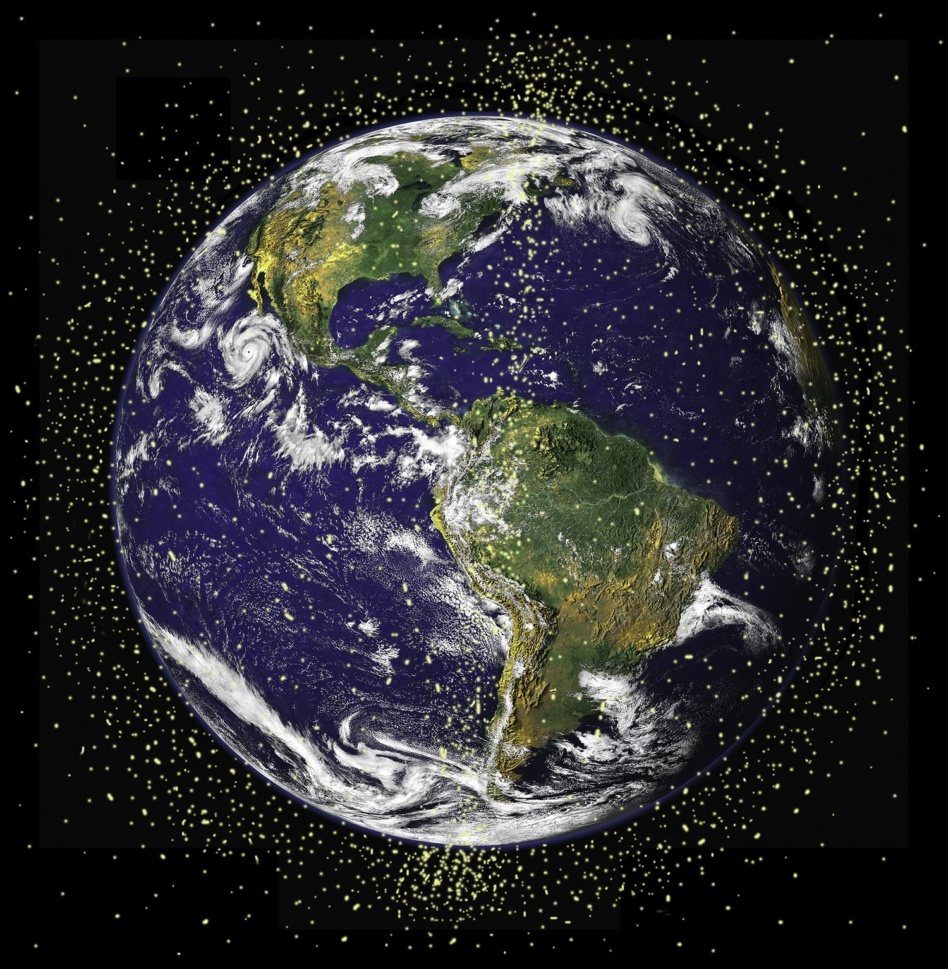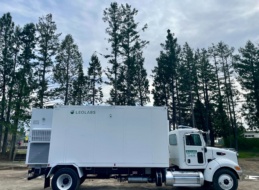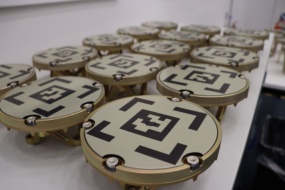Ed. note: Read Part One of this story here.
Last week, the US Space Force (USSF) detailed how it would tap the private sector with orbital debris removal services. Beyond relatively small funding awards, how might governments more holistically address the problem of space junk? Here’s a few ideas.
1) Accept responsibility. “When it comes to liabilities and damages, or authorization and providing supervision, that falls on states party to a treaty or agreement,” Moriba Jah, astrodynamicist and chief scientific adviser of Privateer, told Payload in November. “Governments are in complete power.”
2) Understand real risks. Jah also called space debris “more of a ‘chicken little, sky is falling’ situation than a real risk. What really dominates our perception of risk is the uncertainty.” Reducing the statistical uncertainty starts with better data and forming “the best picture of what’s going on in space,” Jah said.
3) Revise rules of the road. Payload recently spoke with Turion CEO Ryan Westerdahl, who had a few ideas for modernized rules for debris removal (listed here from easiest to hardest to accomplish):
- Reduce the 25-year “rule” to five years. The “rule” is a guideline recommending that space operators deorbit satellites/hardware within 25 years.
- Regulate constellations and require operators to pay for a deorbiting service, should a satellite unexpectedly die. (Alternatively, tax a consortium of mega-constellations and use funds from this pool of proceeds to pay for deorbiting.)
- Mandate insurance policies for satellite operators that pay for deorbiting.
- Establish international consensus across all major spacefaring powers. This is listed last for a reason…
“It’s a total chicken and the egg problem, meaning you can’t change the regulations if the technology doesn’t exist,” Westerdahl said. “And without changing regulations, how do you pay for the development of the technology?” That, he said, is why government funding is critical in the early days of the technology’s development.
4) Acknowledge you have a problem. “I love the fact that [USSF] said ‘yes, we’re concerned about picking up debris.’ But I will tell you the US is woefully behind the rest of the world in this area,” Darren McKnight, a senior technical fellow at LeoLabs and space debris expert, recently said at an online event (H/T SpaceNews).
Europe and Japan’s space agencies, for example, are already putting much more money to work to get debris removal demo missions off the ground. Meanwhile, the nations most responsible for space trash are unfortunately kicking the can down the road, McKnight and others have suggested.
+ Related: On Thursday, the White House’s Office of Science and Technology Policy (OSTP) is holding a listening session on orbital debris remediation.




